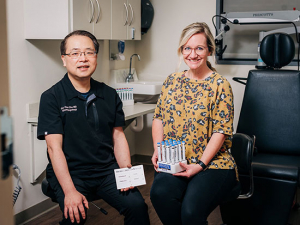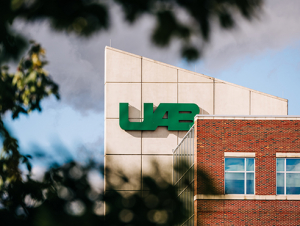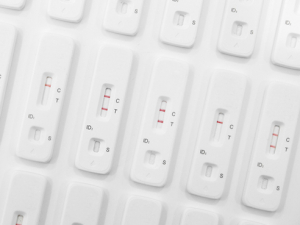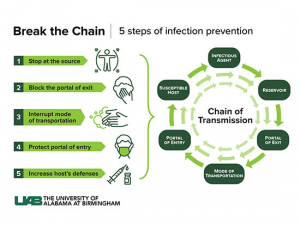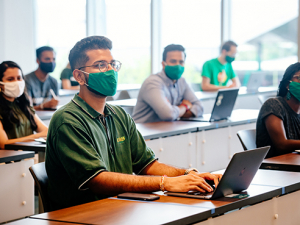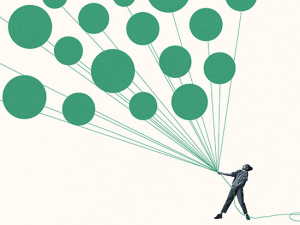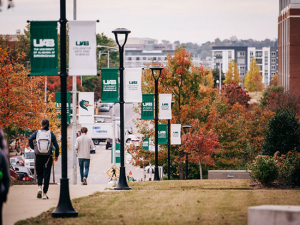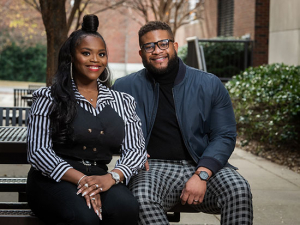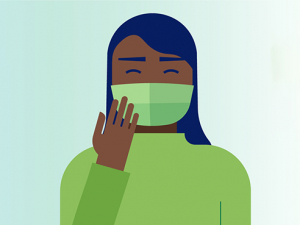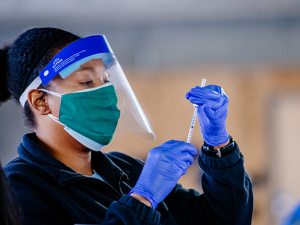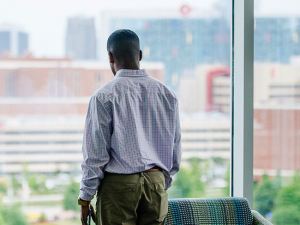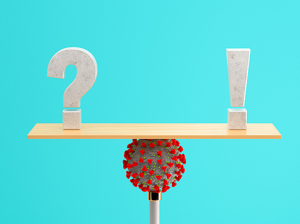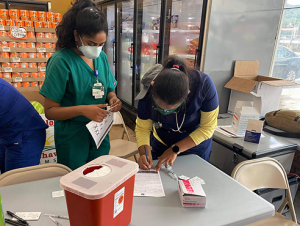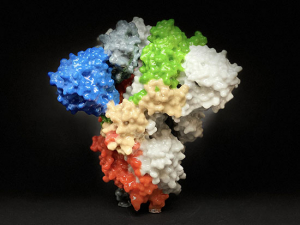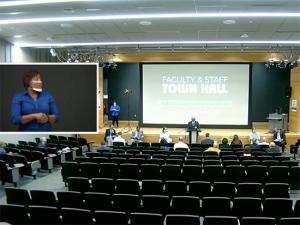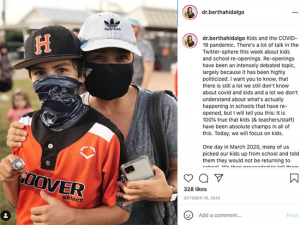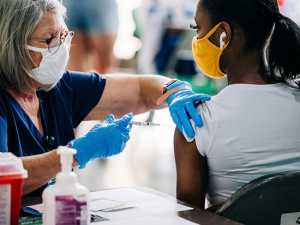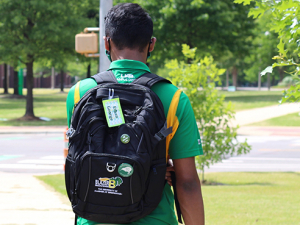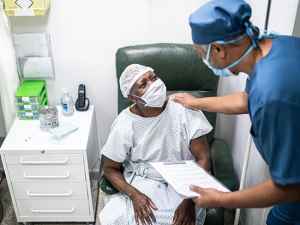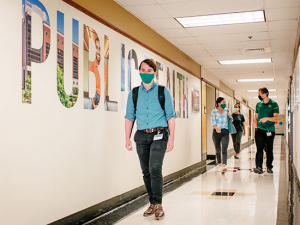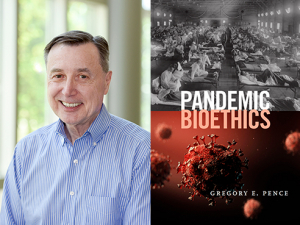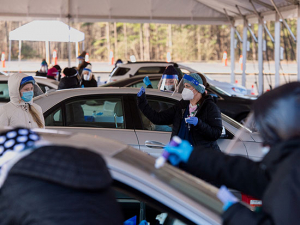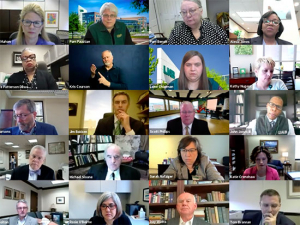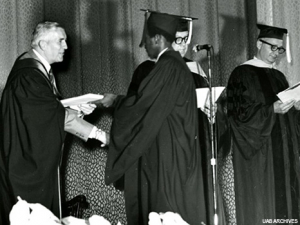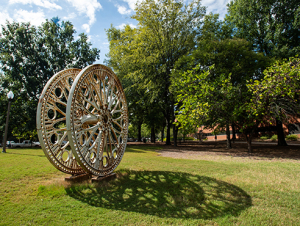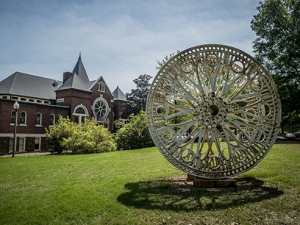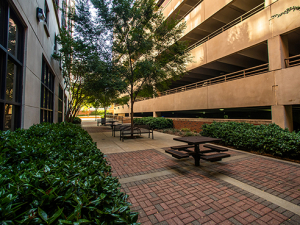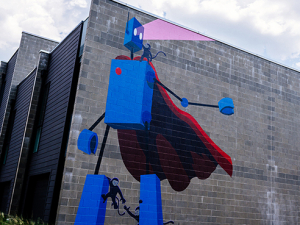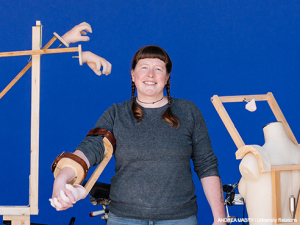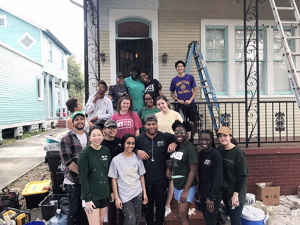Displaying items by tag: coronavirus
Key takeaways on retraining the nose after COVID, a drug that can take away persistent bad smells and more from Do-Yeon Cho, M.D., director of UAB’s Comprehensive Smell and Taste Clinic.
According to the Centers for Disease Control and Prevention COVID Data Tracker, Jefferson County is now in the yellow category (medium community level). UAB public health and infectious disease experts continue to support the university’s mask-optional policy in non-clinical buildings due to several factors, including low hospitalization numbers, the UAB community's high vaccination rate compared to the community at large, and the wide availability and effectiveness of COVID vaccines and treatments.
Universities nationwide are beginning to move to mask-optional policies as the surge from the omicron variant wanes, and UAB leaders and health experts monitoring COVID cases are expressing optimism while still urging caution. As a result, masks are still required indoors on campus while health and safety protocols — including masking policies — are reviewed for non-clinical facilities.
The popular series of lectures and discussions returns Feb. 1 with health behavior expert and professor Robin Lanzi, Ph.D. Learn more about why participants and presenters value the program, which started in response to the pandemic.
Senior leaders respond to questions about remote learning, building ventilation, vaccination and more.
Senior leaders respond to queries on masking, working from home, the omicron surge, vaccine requirements and safety, and more.
UAB’s safety protocols are proving largely effective, and the university plans to continue to require masking indoors until the end of the calendar year while it monitors changes in viral transmission.
Get answers to some of the more frequently asked questions about the COVID-19 voluntary vaccine incentive.
Why have we changed our safety strategies in the past year? In one word: data. We didn’t know then what we know now. Here are five things to consider.
 The student-led group partnered with the Alabama Statewide Area Health Education Centers program to distribute Pfizer vaccine doses.
The student-led group partnered with the Alabama Statewide Area Health Education Centers program to distribute Pfizer vaccine doses.
Two UAB researchers — a SARS-CoV-2 expert and a vaccine researcher — discuss the prospects for future mutations.
Orientation is a time for new students to build connections, get familiar with campus and meet faculty and advisors, and UAB worked to keep it that way even as the pandemic unfolded.
Assistant Professor Noha Sharafeldin, MBBCh, Ph.D., presented cancer-related findings from the massive N3C database of records from COVID-positive patients at 55 institutions nationwide, including UAB. Results — including a significant increase in risk of death among patients who recently had chemotherapy — were published simultaneously in the Journal of Clinical Oncology.
Enrollment in the School of Public Health rose 61% in 2020, including a 92% increase in epidemiology graduate programs. What is motivating these students, what are they learning and what does the job market hold? Faculty, students and alumni answer in this story.
In his latest book, “Pandemic Bioethics,” philosophy Professor Greg Pence, Ph.D., examines allocation of scarce medical resources, immunity passports, vaccines, discrimination and more. It is available as an e-book now and will be in print June 18.
A vaccine site volunteer offers an insider’s view of the great shot-in-the-arm effort that can turn the tide against COVID-19.
Senior leaders responded to queries on campus safety measures, vaccine requirements, working from home decisions and more.
 In June 1970, UAB awarded its first degrees to 478 students. During this year’s commencement ceremonies — the first ones in person since fall 2019 — more than 8,550 will be awarded.
In June 1970, UAB awarded its first degrees to 478 students. During this year’s commencement ceremonies — the first ones in person since fall 2019 — more than 8,550 will be awarded.
